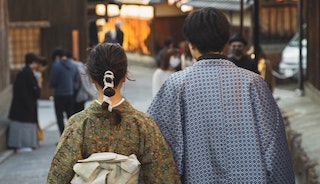TOKYO, Aug 02 (News On Japan) - The results of a nationwide survey targeting about 2 million elementary and junior high school students have been announced, revealing that the number of books at home is related to the ability of students to provide correct answers.
The survey, conducted in April, includes sixth graders in elementary school and third graders in junior high school, and covered subjects such as Japanese, mathematics, and English.
In the English section, which was conducted for the first time in four years, the average accuracy rates for listening, reading, and writing were 46.1%, but the average accuracy rate for "speaking," which was conducted for the first time through online methods, was only 12.4%.
Among the questions, the one with the lowest accuracy rate was related to expressing their thoughts in English regarding the assertion of a foreign student, "In Japan, we should stop selling plastic bags at stores."
The students were required to convey their thoughts and reasons to the listener based on the speaker's opinion, but there were some incorrect answers where they simply responded with their personal impressions, such as "I'm surprised."
According to the Ministry of Education, Culture, Sports, Science, and Technology, both elementary and junior high school students who had "101 or more books at home" had an accuracy rate approximately 10 percentage points higher in each subject compared to children with "0 to 25 books at home."
The survey found that students with fewer books at home had lower accuracy rates in their responses.
Source: ANNnewsCH


 by
by 












